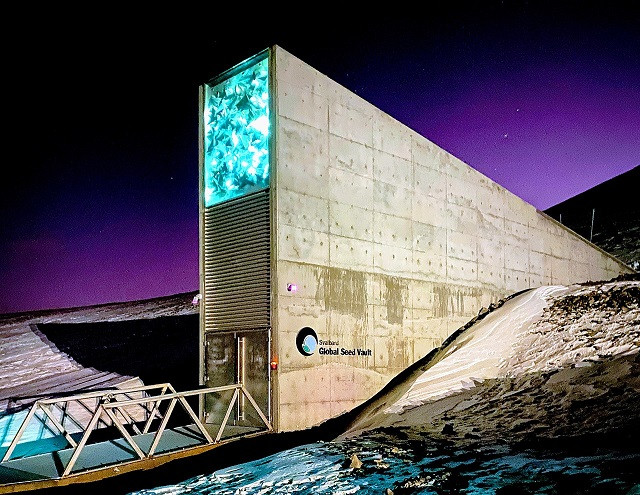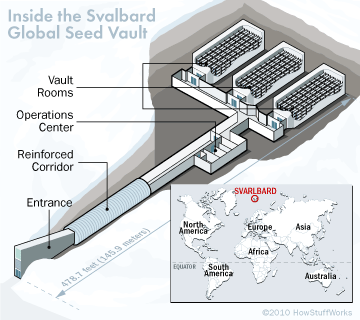You probably know about The Svalbard Global Seed Vault — referred to as the earth’s ‘doomsday vault’ located in the island of Spitsbergen, midway between Norway and the North Pole, but did you know that next to the Seed Vault in Svalbard is The Arctic World Archive (AWA)?
It is a facility for data preservation, which aims to preserve data for the world’s governments and private institutions, opened deep in a nearby mine. It contains data of historical and cultural interest from several countries, as well as all of American multinational company GitHub's open source code, in a deeply buried steel vault, with the data storage medium expected to last for 500 to 1,000 years. It is run as a profit-making business by private company Piql and the state-owned coal-mining company Store Norske Spitsbergen Kulkompani (SNSK).
The Svalbard archipelago is declared demilitarised by 42 nations, as established in the Svalbard Treaty signed after World War I. This means that the territory cannot be used for military purposes, and the company describes the location as "one of the most geopolitically secure places in the world".
Clients, who pay for the storage of data, can send their data digitally or physically. The data can be retrieved at any time from the vault, but it is not a quick process, because the data is not connected to the internet. If data is requested, the relevant reel of film has to be manually retrieved, then uploaded via a fibre optic connection to the mainland, to Piql's headquarters in Drammen; the fastest possible retrieval time is 20–30 minutes, but it usually takes longer.
I'll bet you, there is ALOT of interesting data stored there.... 👀 👀


